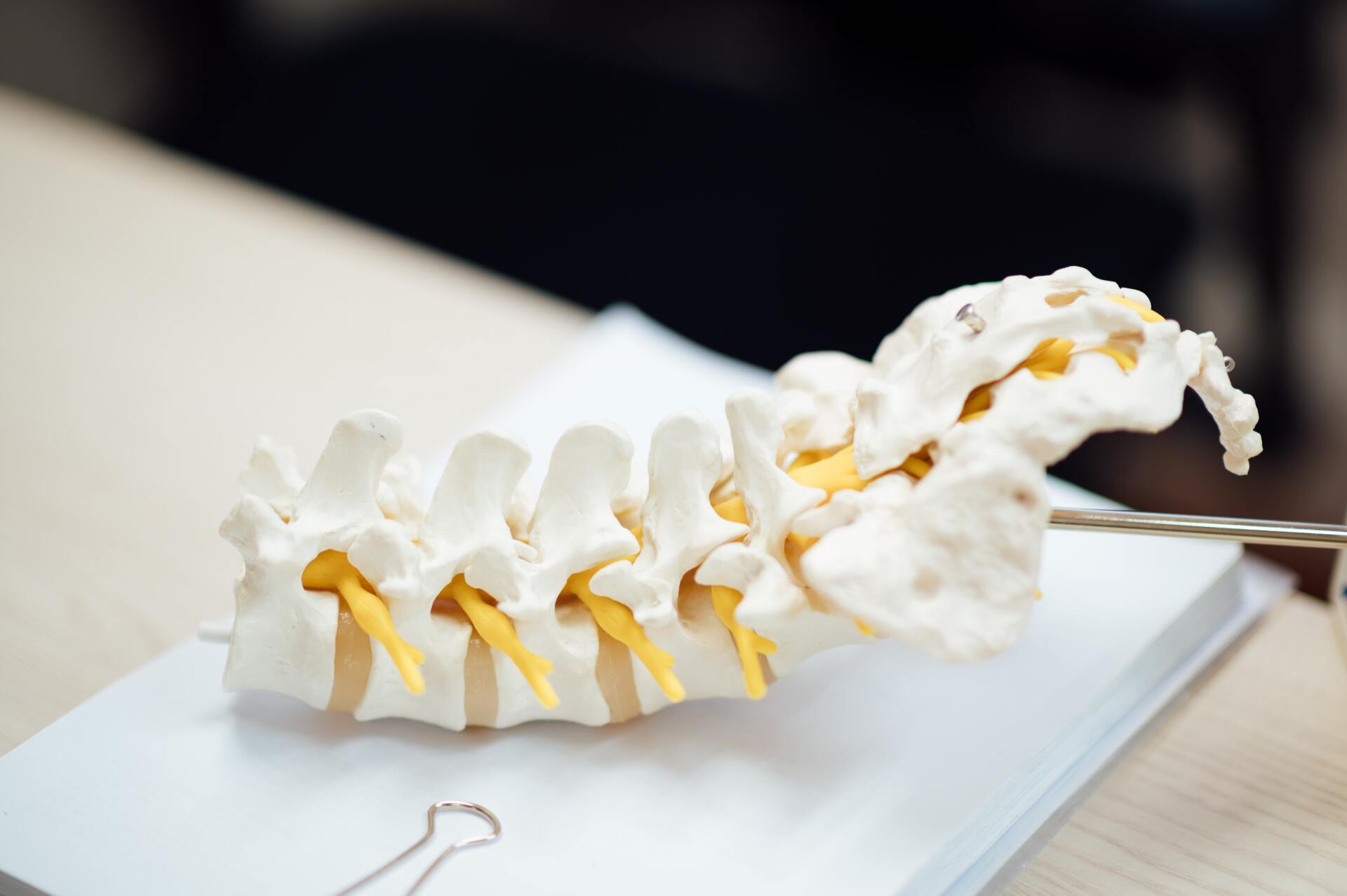Affordable prices
The benefits of better posture…
Cute Massage Therapy • 23 July 2021
Let’s take a brief moment to clear the air, there is no cake… nor is cake one of the benefits from good posture - well, unless you use it as a reward strategy, but we can’t recommend that on record. Anyway, it’s Friday (hoorah) and hopefully you’ve just spent the week working on improving your posture (if you’re still unsure of how to improve your posture, check our earlier blog here). Perhaps you need more motivation or want to know why you should still bother with the whole good posture stuff, well here are some of the benefits of good posture that we hope will be insightful and motivating!
.
The Benefits
Reduced back pain
This is a big one, considering how often we see people come to us with back pain that has stemmed from poor posture. Improving your posture will put less stress and pressure on your back, which will reduce the amount and severity of back pains.
Reduced tension in shoulders and neck
Similar to above, consistently applying bad posture can put strain on your muscles, which can lead to excessive and unnecessary tension. By applying good posture and reducing muscle stress, one can alleviate chronic overuse and tension. Looking slightly higher, this also can have a positive impact on reducing temporomandibular joint pains.
Improves your self-confidence
Not all benefits are physical, as discovered in 2009 (at Ohio State University) by a study which found that having good posture can give you more confidence in your thoughts. The study found that people who were told to sit upright were more likely to believe what they wrote regarding their suitability for a job.
Improves core strength
Whilst good posture revolves around minimising strain, it still requires input in the form of muscular effort (and to an extent, also self-discipline) which over time keeps your core active.
Improves circulation and digestion
Some forms of bad posture (for instance hunching) can lead to your organs getting compressed, which in return can negatively impact circulation - think of it like bending a pipe, the more bends and kinks you have, the slower the water flow out.
Increases lung capacity
This ties in neatly with the point above - bad posture can compress organs and make things difficult to operate effectively. In this case, the act of slouching can restrict your lungs from fully expanding and compressing. Both of which are important for breathing properly - which despite seeming like a primitive action, is also an important aspect of good health.
Increases energy
This benefit may not seem so obvious at first or be noticeable, but logically makes sense. If we remember the definition of good posture - which is to position ones body in such a way to minimise strain on supporting muscles and ligaments - that means, when we adopt good posture we only utilise the correct muscles and in the way they were intended to be used. This then results in reduced fatigue, as less muscles and energy is needed.
Fewer headaches
As mentioned, poor posture can lead to increased muscle tension. If these tensed muscles happen to be around the back of the neck, this can lead to tension headaches. So adopting a good posture will avoid muscle tension, which avoids tension headaches.
Reduces the excessive and abnormal wearing of joints
Bad posture habits that place uneven stress on the body - such as leaning on one leg - can cause joints involved to wear down more quickly and unevenly as a result of uneven distribution. A good analogy for this (if you drive) is with car tyres - similar to our joints, tyres can be become rapidly and unevenly worn out if they are not fitted properly.
Makes you appear taller
Yep, another benefit that is more psychological than physical and particularly appealing to those of a shorter stature (like myself). Standing with good posture means you're upright, and in a form that’s more stretched than compressed. Not only does it make you appear taller, but also slimmer. Which altogether can make you appear more attractive.
.
Hopefully that was not just informative, but also motivational enough for you to continue or start adopting better posture. There should also be another blog coming next week with tips you can use to improve your posture, so keep an eye out for that.
.
Image: Unsplash @Sara Cervera

The word for today is… (drum roll please)… “ babies ”! Well, specifically, baby massage . Yes, massage isn’t just for us adults — babies can benefit greatly from it too. Unlike us, little ones can’t tell you when their back aches, or if their tummy feels a bit tight. That’s why baby massage takes a gentler, more mindful approach — one that helps your baby relax, develop, and feel secure while strengthening the precious bond you share.

Happy New Year! As we step into another January, it’s hard not to notice the energy of new beginnings all around us. The streets are suddenly filled with runners pounding the pavement, gym classes are packed to the brim, and for many, this is the time of year for setting ambitious fitness goals. If you’re one of those people who have laced up their trainers and hit the ground running (quite literally), well done! Your dedication is inspiring. But if you haven’t started your new year’s exercise regime — or if you don’t plan to — that’s okay too. You’re not alone. (Confession: I haven’t started either!) Remember, January is not a race. It’s a fresh start, but that doesn’t mean you need to do it all at once. No matter where you are on your fitness journey, there’s one thing we all need to keep in mind — recovery . Whether you’re a seasoned athlete or a casual mover, taking the time to recover is just as important as the activity itself.






